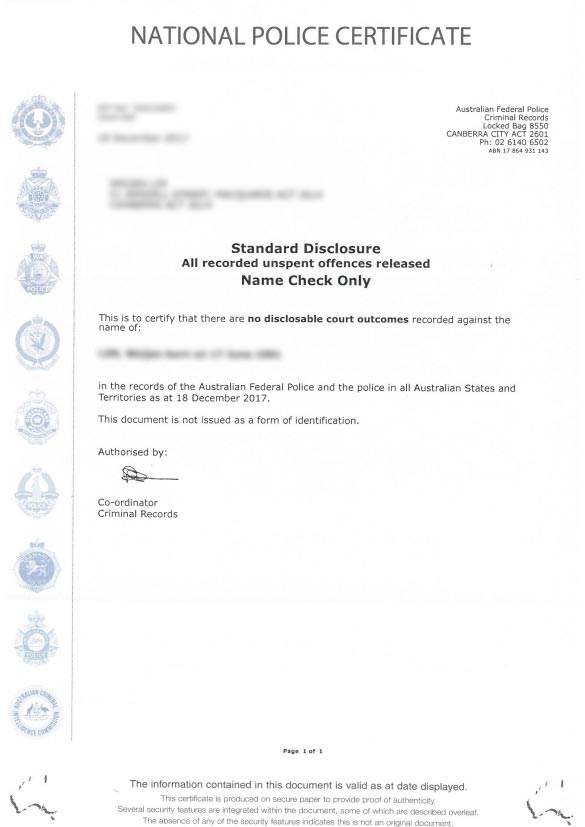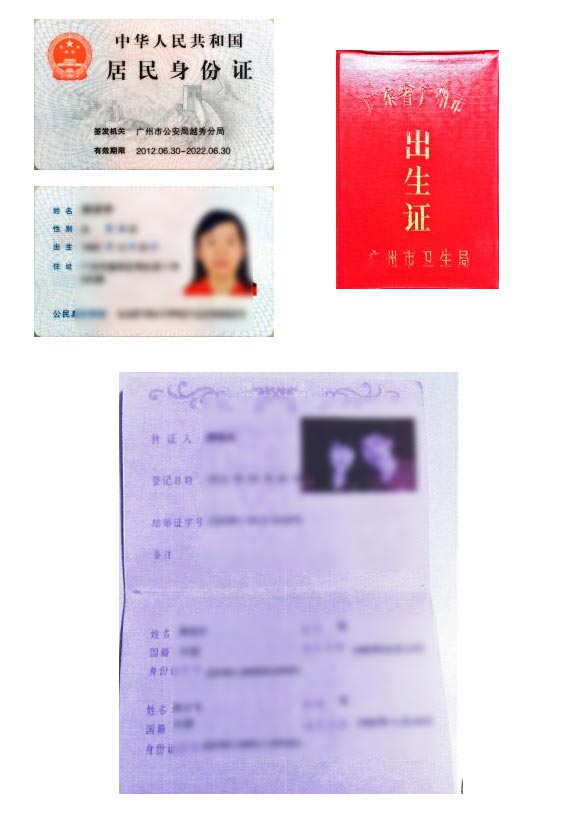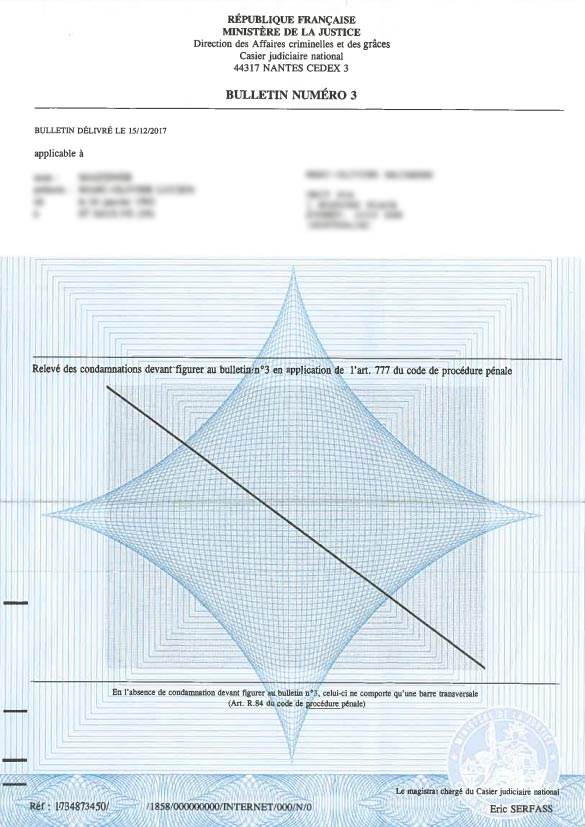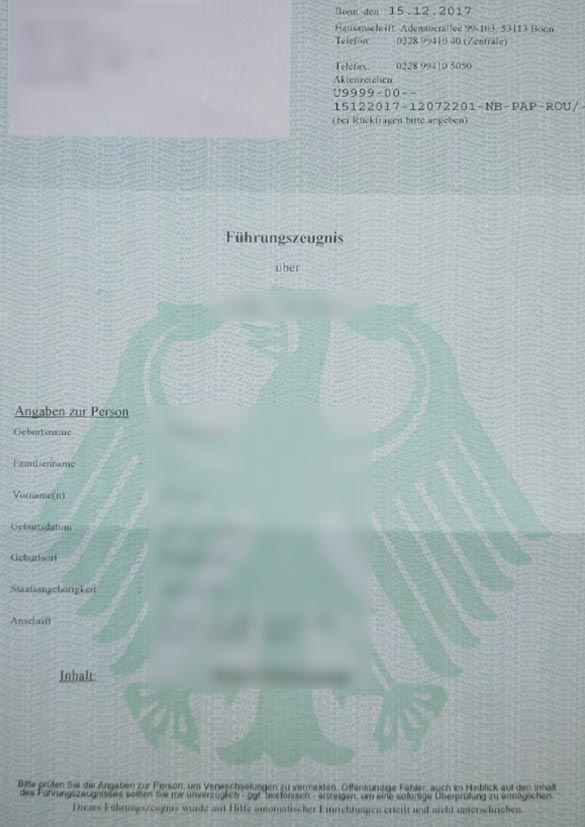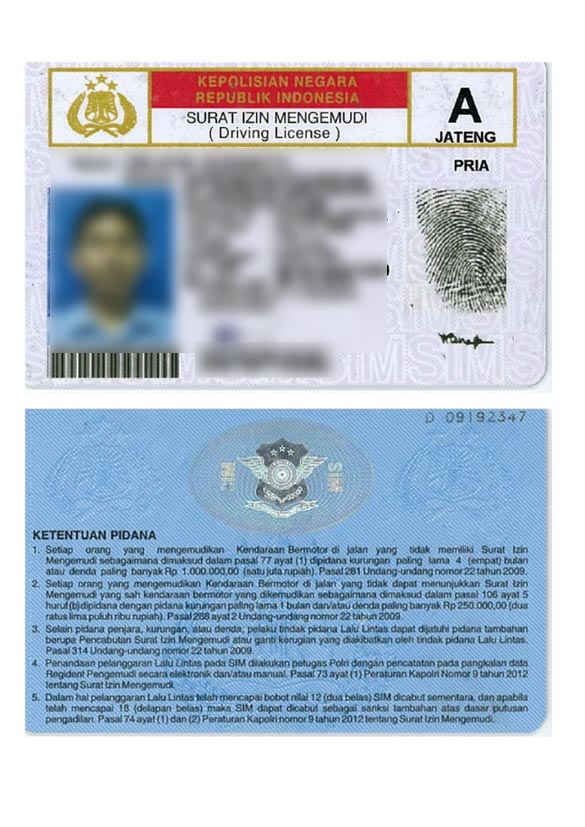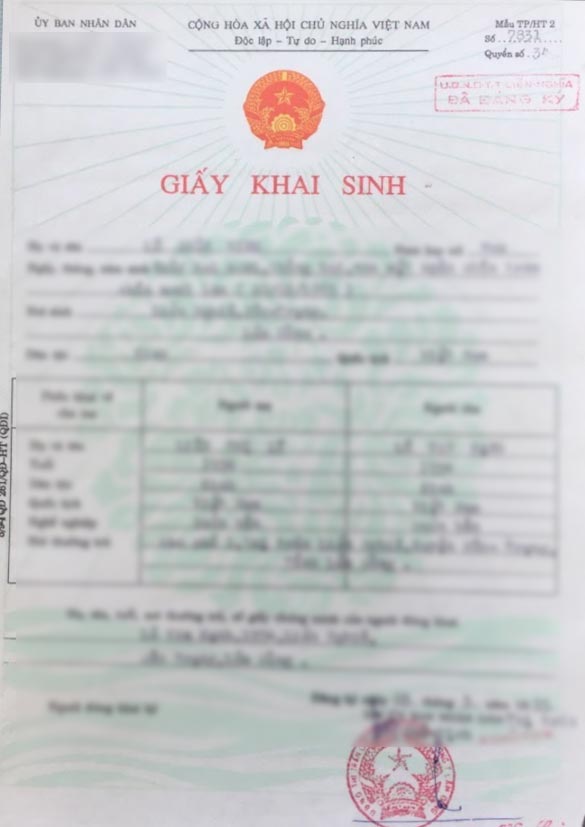Arabic Translation Service » Arabic Death Certificate Translation
Arabic Death Certificate Translation
Get NAATI accredited Arabic translators for certified Arabic death certificate translation. Certified death certificate translation service prepared by NAATI accredited translators is usually delivered within 24-48 hours.
Certified Arabic <> English death certificate translations are often required for legal purposes in Australia or overseas. Our Arabic NAATI translators are experienced in delivering certified translations for death certificates and all other personal documents for official use.
Get a quote
Latest Testimonials
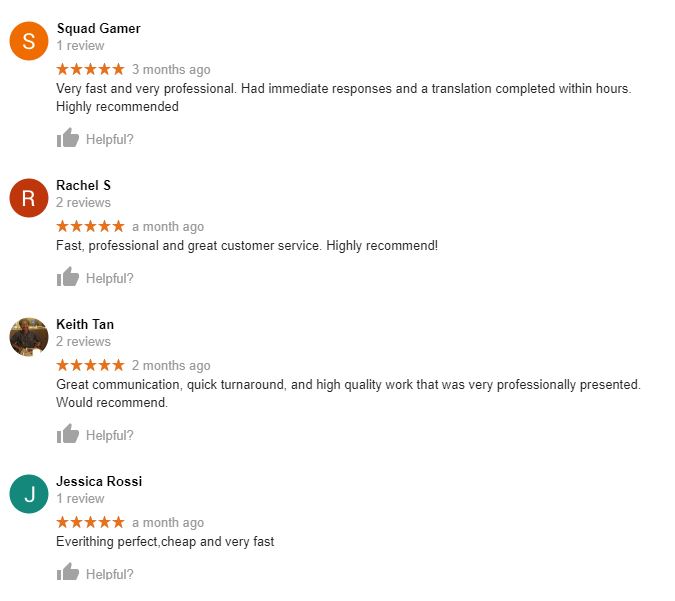
Arabic (NAATI) Translator
Get the best Arabic death certificate translators that are NAATI accredited in Australia. To begin your Arabic death certificate translation, upload your documents using the form on this page for a quick quote.
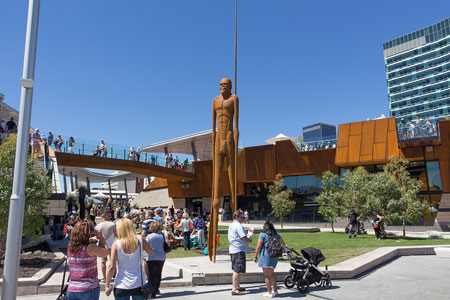
About the Arabic Language
Arabic is a Central Semitic language that first emerged in Iron Age northwestern Arabia and is now the lingua franca of the Arab world. It is named after the Arabs, a term initially used to describe peoples living from Mesopotamia in the east to the Anti-Lebanon mountains in the west, in northwestern Arabia, and in the Sinai peninsula.
The sociolinguistic situation of Arabic in modern times provides a prime example of the linguistic phenomenon of diglossia, which is the normal use of two separate varieties of the same language, usually in different social situations. 'Tawleed' is the process of giving a new shade of meaning to an old classical word. For example 'Al Hatif' lexicographically, means the one whose sound is heard but whose person remains unseen. Now the term 'Al Hatif' is used for a telephone. Therefore, the process of 'tawleed' can express the needs of modern civilzation in a manner that would appear to be originally Arabic. In the case of Arabic, educated Arabs of any nationality can be assumed to speak both their school-taught Standard Arabic as well as their native, mutually unintelligible "dialects"; these dialects linguistically constitute separate languages which may have dialects of their own. When educated Arabs of different dialects engage in conversation (for example, a Moroccan speaking with a Lebanese), many speakers code-switch back and forth between the dialectal and standard varieties of the language, sometimes even within the same sentence. Arabic speakers often improve their familiarity with other dialects via music or film.
The issue of whether Arabic is one language or many languages is politically charged, in the same way it is for the varieties of Chinese, Hindi and Urdu, Serbian and Croatian, Scots and English, etc. In contrast to speakers of Hindi and Urdu who claim they cannot understand each other even when they can, speakers of the varieties of Arabic will claim they can all understand each other even when they cannot. The issue of diglossia between spoken and written language is a significant complicating factor: A single written form, significantly different from any of the spoken varieties learned natively, unites a number of sometimes divergent spoken forms. For political reasons, Arabs mostly assert that they all speak a single language, despite significant issues of mutual incomprehensibility among differing spoken versions.
From a linguistic standpoint, it is often said that the various spoken varieties of Arabic differ among each other collectively about as much as the Romance languages. This is an apt comparison in a number of ways. The period of divergence from a single spoken form is similar—perhaps 1500 years for Arabic, 2000 years for the Romance languages. Also, while it is comprehensible to people from the Maghreb, a linguistically innovative variety such as Moroccan Arabic is essentially incomprehensible to Arabs from the Mashriq, much as French is incomprehensible to Spanish or Italian speakers but relatively easily learned by them. This suggests that the spoken varieties may linguistically be considered separate languages.
NAATI Certified Arabic Translator Service
We provide both Arabic to English translation and English to Arabic translations by NAATI translators. Contact us today for Perth translator services.
- Arabic translator for driving licence translation
- Arabic translator for financial document translation
- Arabic translator for bank statement translation
- Arabic translator for birth certificate translation
- Arabic translator for marriage certificate translation
- Arabic translator for name-change certificate translation
- Arabic translator for degree translation
- Arabic translator for diploma translation
- Arabic translator for employment record translation
- Arabic translator for school transcript translation
- Arabic translator for passport translation
- Arabic translator for police report translation
- Arabic translator for no-criminal record translation
- Arabic translator for personal letters and cards
- Arabic translator for utility bill translation
- Arabic translator for death certificate translation
- Arabic translator for medical record translation
- Arabic translator for legal document translation service
- Arabic translator for AHPRA
- Arabic translator for Engineers Australia
- Arabic translator for IMMI, DFAT
- Arabic English translator for UAC
- Arabic to English translation for local Australian universities
- English to Arabic translation for overseas universities
Arabic translation services - For all requests, email us for a quick quote.
Professional Arabic Translator Services
- Arabic translator for agriculture, forestry and fisheries industries
- Arabic translator for automotive engineering translation
- Arabic translator for advertising and marketing translation
- Arabic translator for biomedical engineering translation
- Arabic translator for aged care and child care facilities
- Arabic translator for educational document translation
- Arabic translator for employee induction and training document translation
- Arabic translator for migration document translation
- Arabic translator for energy, mining and resources industries
- Arabic translator for medical translation
- Arabic translator for legal document translation
- Arabic translator for financial translation
- Arabic translator for school letters to parents
- Arabic translator for technical translation
- Arabic translation service for brochures and flyers, working in design files such as Adobe InDesign, Illustrator, PowerPoint or Publisher (DTP Services)
- Arabic brochure translation and typesetting services

